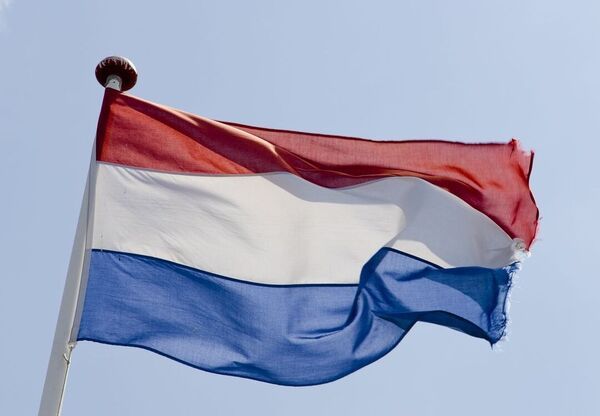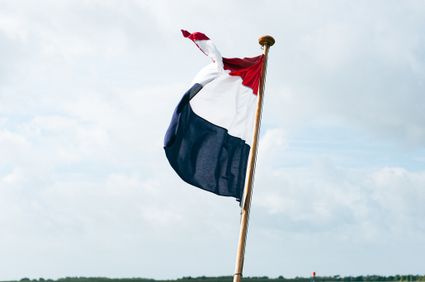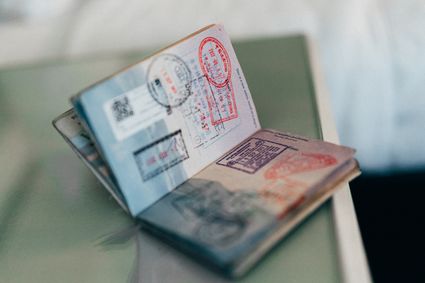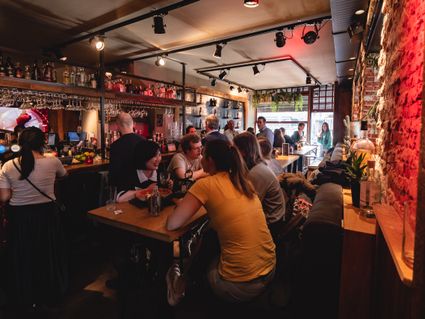Dutch Citizenship
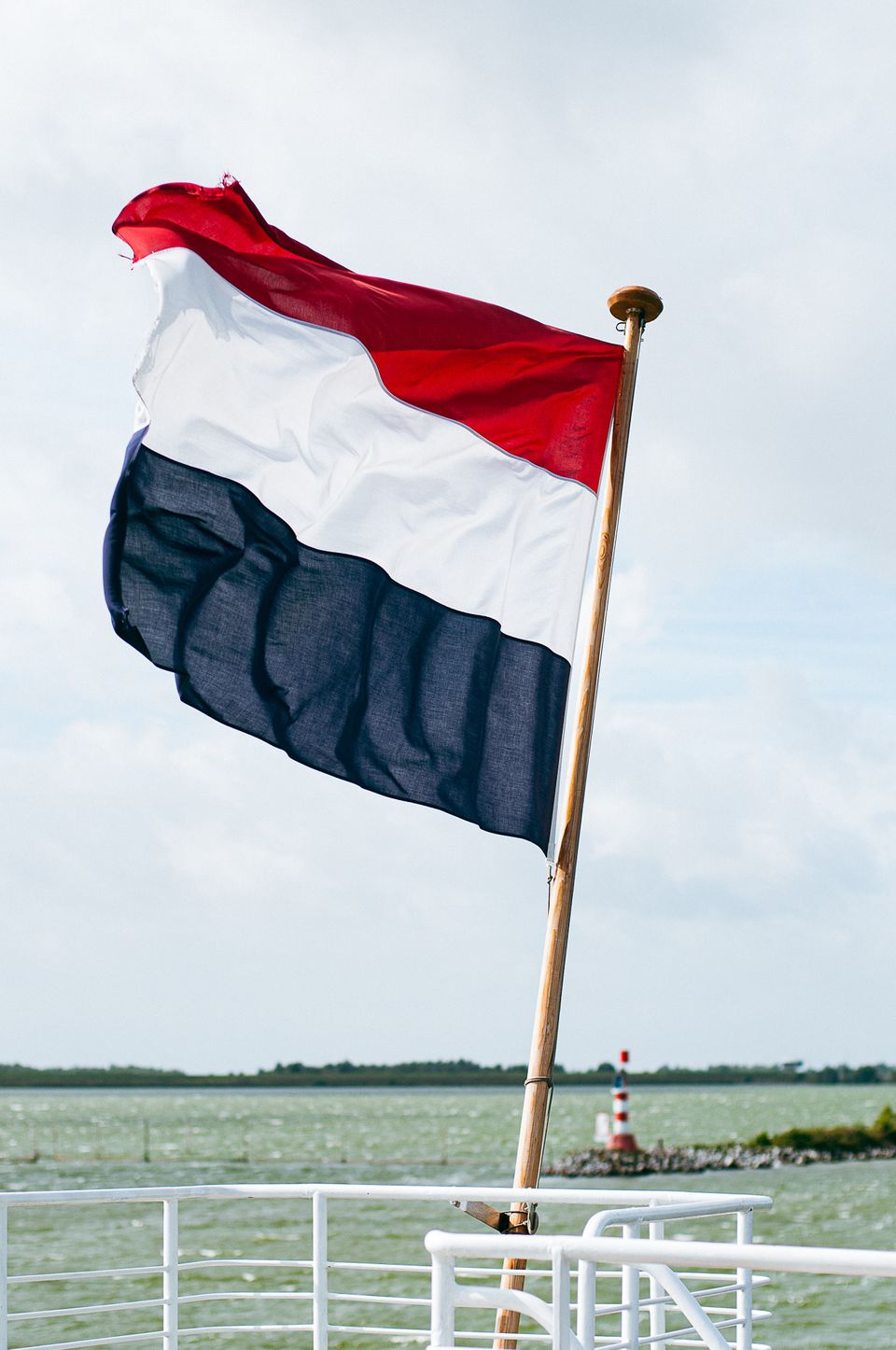
Being a Dutch citizen means that you are granted all the rights of a Dutch person living in the Netherlands.
If you have been living in the Netherlands for at least five years then you have the option of choosing to become a Dutch citizen. Being a Dutch citizen means that you are granted all the rights of a Dutch person living in the Netherlands, including receiving a Dutch passport and ID card. There are two main ways to apply for Dutch citizenship: either through option (usually for if you were born or spent most of your life in the Netherlands); or through naturalisation (for individuals who have lived legally in the Netherlands for at least five years, with some exceptions).
Please note, the five year rule does not always apply for students who have been studying in the Netherlands for some, or all, of the five years that they have lived here. If you are uncertain about the eligibility of your individual situation then it is a good idea to contact the Dutch Immigration Authority (IND).
Citizenship Through Naturalisation
There are a number of requirements in order to apply for Dutch citizenship through naturalisation. Some of these are:
- You are 18 or older.
- You have lived in the Netherlands for at least 5 consecutive years with a valid residence permit.
- You will renounce your current nationality.
- You must provide proof of a civic integration diploma (or otherwise provide proof of exemption from this).
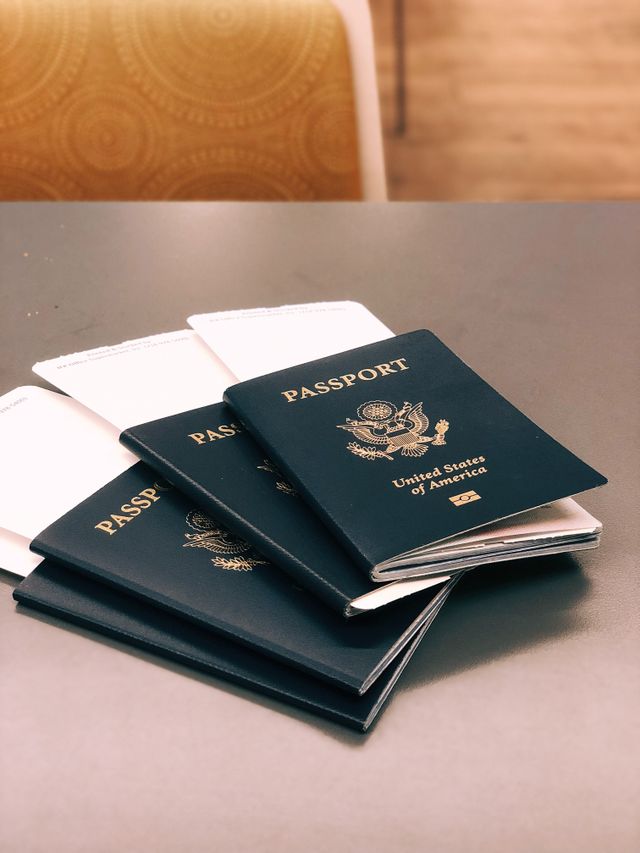
Civic Integration
If you do not have an exemption, then in order to apply for Dutch citizenship through naturalisation you must pass the civic integration (inburgering) exam. Currently, the level of Dutch needed to pass civic integration for naturalisation is A2, although there are plans to increase this to B1 in the future. You can find more information about the latest news regarding this on the website of the Dutch Ministry of Education (DUO).
The civic integration diploma can be obtained once you have completed the following components of the civic integration exam:
- Speaking
- Listening
- Reading
- Writing
- Knowledge of Dutch society
In some situations you may have to also take an extra component referred to as the 'Dutch Labour Market Orientation'.
Dual Nationality
In most instances, if you wish to become a Dutch citizen you must renounce any other nationality you currently possess. However, there are some exceptions to this rule, if:
- Your nationality is not recognised in the Netherlands
- You are not allowed to give up your other nationality
- If you are required to complete military service in order to renounce your nationality
- If you are married to, or a registered partner of, a Dutch citizen
For a comprehensive overview of all exceptions to renouncing your nationality in order to naturalise, you can visit IND's website.
Marriage/Registered Partnership with a Dutch Citizen
If you are married or in a registered partnership with a Dutch citizen, you may be eligible for a number of exemptions from the usual naturalisation process. If you have been married or in a registered partnership for 3 or more years, you may be able to naturalise before having lived here for 5 years, or even without having ever lived in the Netherlands. You can find more information about this on the IND's website.
If you are married to, or in a registered partnership with, a Dutch citizen and wish to become a Dutch citizen yourself, then it is possible for you to have dual nationality. This means that you do not have to renounce your nationality in order to gain Dutch citizenship. You can find more information about this on the Dutch Government's website.
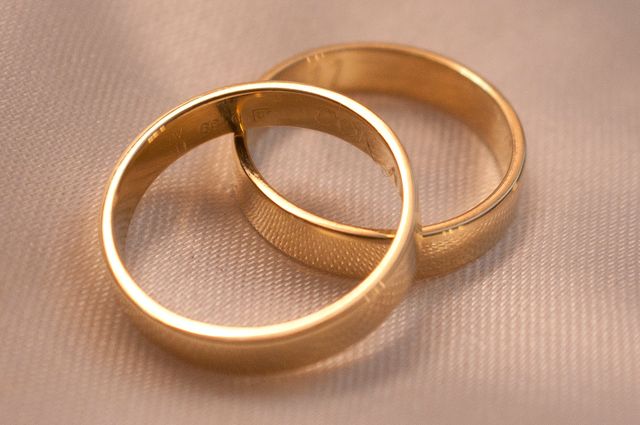
Applying for Dutch Citizenship
Once you have confirmed that you have met all the requirements for Dutch citizenship, and that you have all the necessary documents, then you can begin your application process. In order to do this, you must submit an application at the municipality that you live in. A municipality employee will complete the application form with you, and you will need to fill in a number of required forms. For more information, you can visit the IND's website.
The 2024 application process fee for naturalisation costs €1023 for one person. For the option route, the fee is €217. Once the application is received, the IND has up to 12 months to make a decision concerning your application. You can track your application in My IND. If the decision arrived at is not in your favour, you have up to 4 weeks to request a review of the situation.
